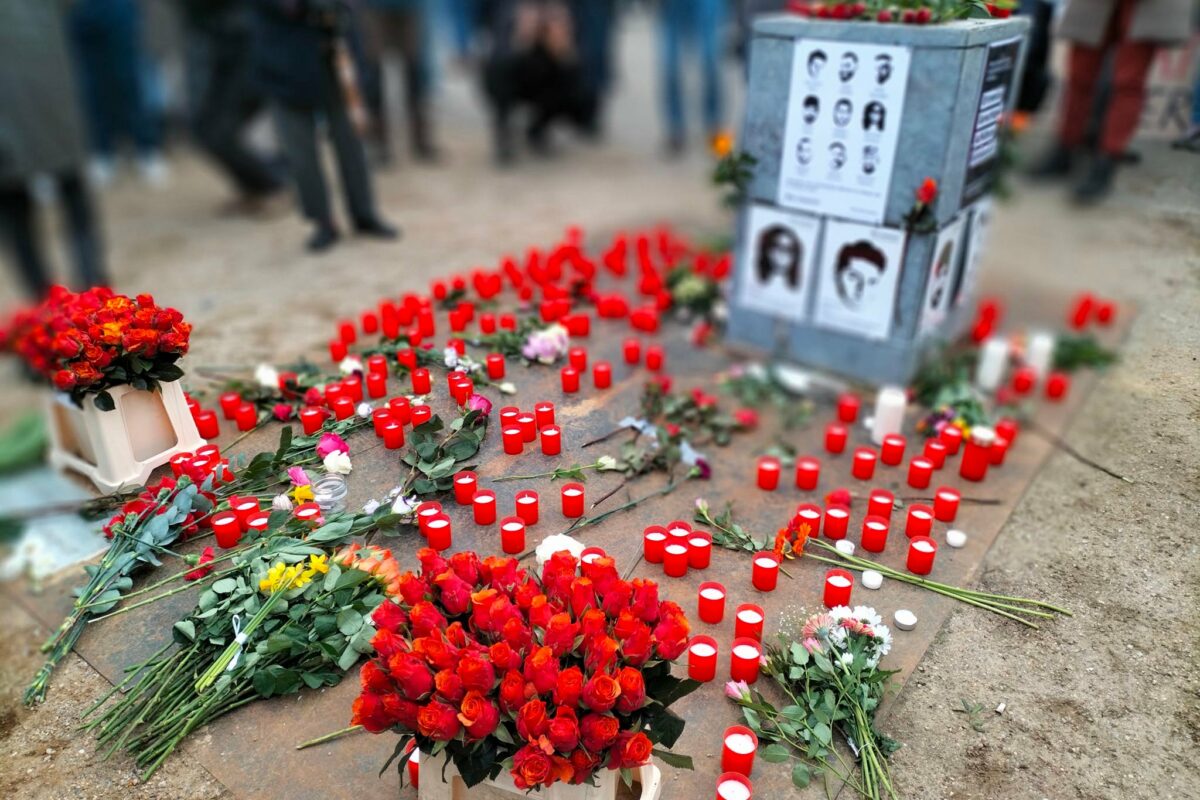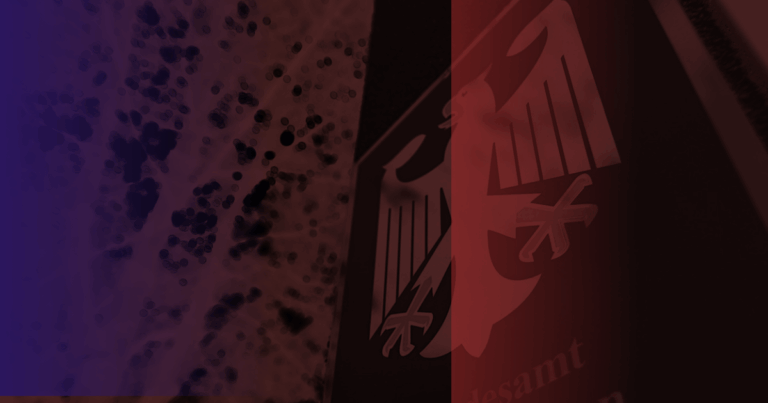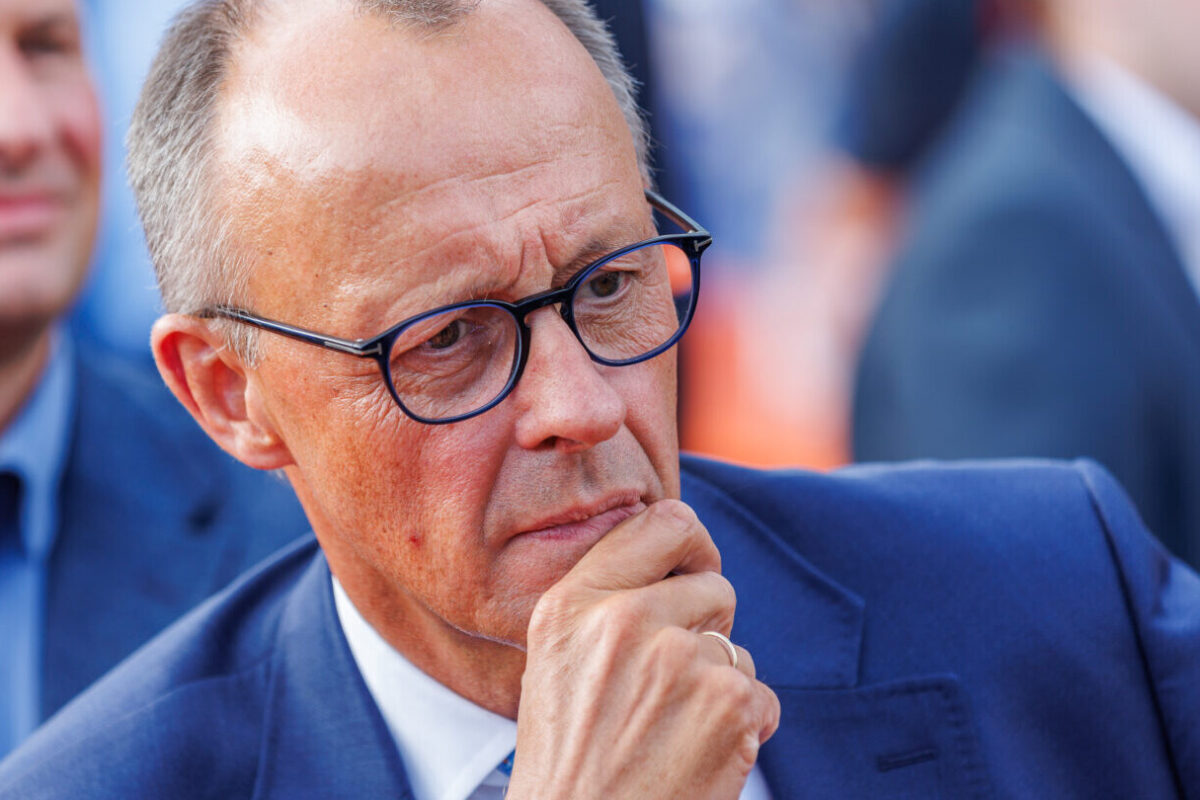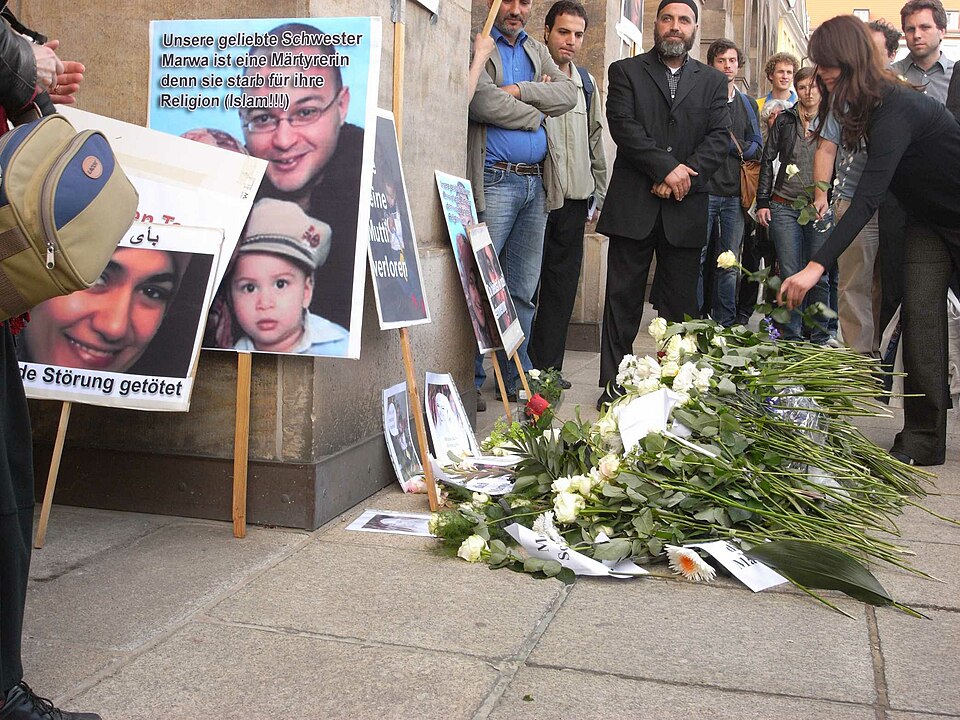On February 19, 2020 nine people were shot and killed by a neo-Nazi in the German city of Hanau: Ferhat Unvar, Hamza Kurtović, Said Nesar Hashemi, Vili-Viorel Păun, Mercedes Kierpacz, Kaloyan Velkov, Fatih Saraçoğlu, Sedat Gürbüz and Gökhan Gülteki.
The perpetrator had expressed extreme hatred of foreigners, women, muslims, and jews in posts online. He carefully chose the locations, a shisha bar and a betting shop, to target people with a migration background, who he believed should be ‘completely exterminated’ from Germany.
Deadly Failings
In the four years since the attack a series of investigations has uncovered major failings in the authorities’ response. Initiative 19. Februar Hanau, a group representing survivors and victims’ families, has questioned why after identifying the perpetrator, it took the police five hours to arrive at his nearby home. And why, after they finally did arrive outside the house, they claimed not to hear gunshots when the perpetrator shot his mother and then himself.
There are many more serious questions. The perpetrator was known to the police but never had his gun licences revoked. Emergency calls on the night went unanswered. Families were not properly informed of their relatives’ deaths, and autopsies were performed without their permission. They have subsequently faced countless indignities including delays in financial support and continued racist harassment from the perpetrator’s father.
A year later it was revealed that 13 of the police officers working in Hanau that night had been subsequently suspended for being part of racist, far-right group chats.
We can never know to what extent far-right sympathies combined with institutional discrimination, incompetence and apathy determined the course of what happened that night, and the response that followed but as Dimitra Andritsou from research collective Forensis, summarised: “Much like the shots around the perpetrator’s house, the state’s refusal to hear — on the night of the crime, and for many years afterwards — is a political choice, and indicative of deeply entrenched racist structures within the German state.”
Dangerous Rhetoric
Despite the shock and outrage expressed by German politicians and media outlets at the time, there has been a continual normalisation of extreme right-wing views in the years since the attack. Mainstream parties, including the governing Social Democrats, have increasingly taken on xenophobic talking points. In October chancellor Olaf Scholz appeared on the front cover of magazine Der Spiegel alongside a quote from his interview: “We must finally deport people on a large scale”. As austerity policies begin to take hold, and the German economy dips into recession, the ground is ripe for scapegoating immigrants and other minority groups.
The far-right, anti-immigration Alternative for Germany (AfD), some of whose leading members have called for an end to commemoration of the holocaust, has been comfortably polling as the second most popular party, at around 20% for months now. The opposition CDU has also begun to break the long held taboo of cooperation with the AfD, voting with them on both a local and state level.
The past decades have seen dozens of neo-Nazi attacks and murders in Germany, and these incidents are on the rise. There have also been numerous revelations of far-right networks made up of police and members of the military. Like the families of Hanau, many of the targets of these terror attacks have experienced a serious mishandling of their cases by authorities.
The recent revelations of a meeting between senior AfD members, business leaders and neo-Nazi groups to plan large-scale deportations of immigrants have been met with huge protests across Germany. There has also been widespread condemnation from mainstream parties. But these statements feel hollow when politicians readily take on anti-immigration talking points and have made few serious attempts to tackle structural racism. Lip service is paid but policies and language often tell a different story.
Memorial Events
There are many events planned in the coming days across Germany to commemorate the nine who lost their lives in Hanau and to call for serious action on structural racism and extremist groups. A statement from Initiative 19. Februar has called for people to come together, support each other, and to demand proper investigations into right-wing murders and violence.
In Hanau a memorial demonstration will take place on Saturday 17th February at 14:00.
In Berlin there are two events planned on Monday 19th February:
oplatz4hanau
17:00 – 19:00 at Oranienplatz, Kreuzberg. More information here.
Vier Jahre Hanau – Die Konsequenz ist Widerstand
Memorial at 17:30 and march at 19:00 starting at S-Bahn Sonnenalle, Neukölln. More information here.




